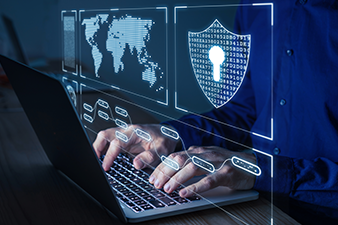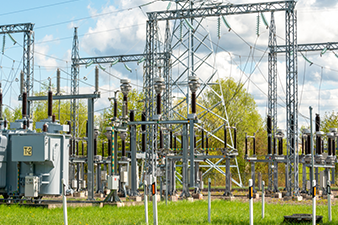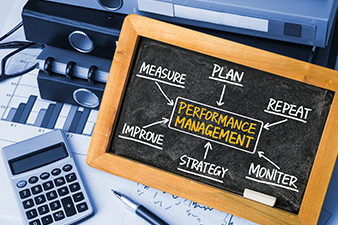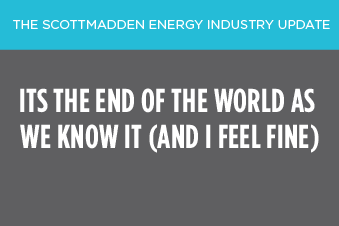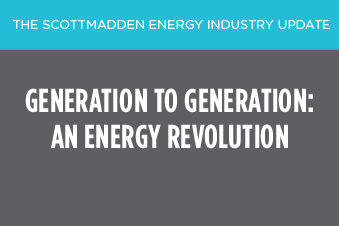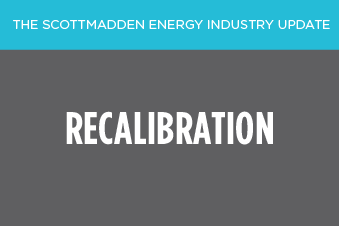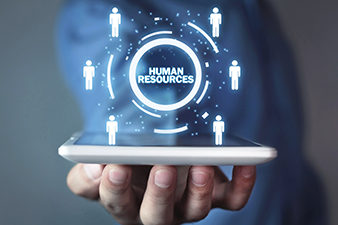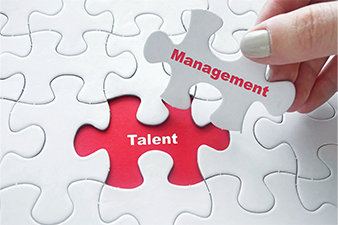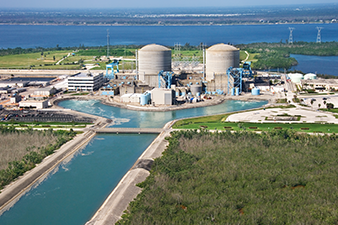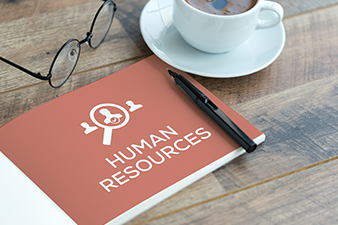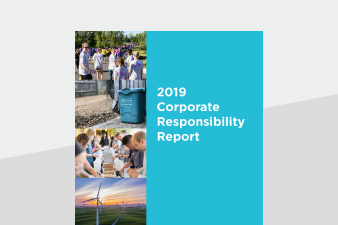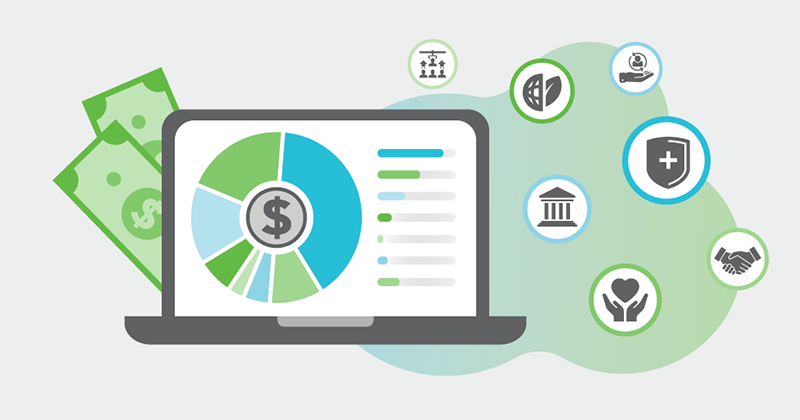
Businesses of all sizes are shifting near- and long-term plans as they determine how to best weather and recover from the impacts of COVID-19. As a result of rapidly shifting priorities, corporate environmental, social, and governance (ESG) activities are also receiving additional scrutiny. Reading headlines about ESG in the COVID-19 era tends to prompt whiplash. Is corporate responsibility more important than ever before,[1] or are companies unilaterally abandoning sustainable practices in these difficult times?[2] The reality is more nuanced. While many companies will focus on mitigating the economic impacts of the pandemic, an effective recovery approach will also take a long-term view and address the following areas essential to ESG strategy.
Ensuring Worker Safety
Worker safety unsurprisingly tops the list of ESG issues related to the pandemic response. Businesses are finding ways to go beyond providing the standard safe workspace—they are working to ensure essential workers can protect themselves, colleagues, and family members from COVID-19. Isolating key operational employees, carefully managing who comes on site, and automating operational functions to facilitate social distancing are best practices from the utility industry, which may be mirrored by other sectors with essential operations.
At the same time, companies are now managing newly remote work forces, who must also remain healthy to ensure steady operations. Employers can serve an important role in communicating clearly with remote workers to ensure they are informed, able to take appropriate precautions, and following Centers for Disease Control and Prevention (CDC) and local guidelines for personal safety.
Looking ahead, leaders should scenario plan for a range of outcomes and consider how to best support and ensure the safety of both remote and on-site employees. Plans for returning to work or pre-pandemic operational levels should highlight precautionary measures and demonstrate that employee safety is guiding all decisions. Businesses should also recognize that not all employees have the same perception or needs when it comes to safety—individual considerations will need to be made, particularly for caretakers and high-risk individuals.
Enhancing Flexibility and Employee Wellness Efforts
Many companies have raised the bar in recent years in relation to flexibility and family-related benefits, but the pandemic requires companies to re-examine these policies. Informally, leaders can also engage individually with employees to ensure they can do their jobs without sacrificing their personal wellbeing (or that of family members they are caring for). By sharing their own challenges, stressors, and coping mechanisms, executives and leaders can foster an environment in which employees can share vulnerabilities and ask for the help they need, mitigating some of the inevitable distraction and disengagement that comes with working through a global pandemic.
Employees are also seeking out new digital resources to support them mentally and physically during this period. HR teams can support employee wellness by connecting employees to new tools and highlighting covered mental health benefits in regular updates. Still, these opt-in resources are not a substitute for employee engagement. Though time-consuming, checking in with individual employees to understand their state of mind and the challenges they are facing will go a long way.
Personal and work lives have always intertwined, but this crisis highlights how inseparable they have become. To account for the full spectrum of employee experiences, “return to work” or transformation teams should be diverse and inclusive. These teams should have representation across a multitude of categories, including business unit, gender, company tenure, and race. Input from a broad cross-section of individuals will help companies adopt a plan that works for most employees.
Adapting in line with Decarbonization
The long-term business model shifts resulting from COVID-19 remain uncertain, but companies looking to identify operational efficiencies throughout their supply chains can do so while still pursuing decarbonization goals.
In recent years, new mechanisms have emerged to make leveraging renewable energy easier and more affordable for companies of all sizes. The renewable energy industry will face challenges in the coming months, but the long-term growth outlook remains positive. Corporations continue to sign new power purchase agreements, ensuring their growth will align with sustainability goals set prior to the pandemic.[3] Data center capacity, in particular, will continue to increase as companies and consumers alike rely more than ever before on digital operations, bringing new opportunities to incorporate decarbonization measures.
Similarly, as companies explore new operating models to limit personal contact among employees, their energy usage patterns are likely to shift, revealing new opportunities for energy and cost savings. As with renewables, there are many near-term challenges facing the energy efficiency industry, but incorporating efficiency planning into COVID-19 response activities can enable much needed future savings. When restrictions are lifted, utilities will be eager to facilitate opportunities for new energy efficiency projects, and businesses will be well-positioned to explore new efficiency goals in partnership with their energy providers.
Prioritizing Transparency in Governance
Finally, both employee and public trust are essential to the future of companies impacted by COVID-19. Leaders should seek opportunities to be transparent in new ways, ensuring employees understand the difficult decisions facing executives (to the extent this is possible and appropriate). Adding regular “town hall” style meetings and new confidential mechanisms for staff to voice concerns and provide input can ensure employees contribute to and feel bought into company decisions throughout this period.
ESG reporting and stakeholder assessments will also play a role in how companies communicate their response plans. Like other internal and external messaging, reporting should be succinct and honest about current challenges; fluffy or overly optimistic commentary will be viewed with skepticism. Leaders demonstrating consistent, transparent communication centered on employee concerns throughout the crisis will ensure that employees remain committed to their work throughout this uncertain period and are ready to support the coming transitions.
How ScottMadden Can Help
Developing and maintaining a competitive advantage in today’s rapidly changing business environment is more and more challenging. Implementing effective ESG practices is key to strengthening organizations’ positions in the market and securing long-term value for all stakeholders.
We have experience performing stakeholder assessments, risk analyses, and enterprise sustainability projects for a variety of clients, including utilities, public entities, media and entertainment companies, renewable energy developers, and industrial companies. Reach out to ScottMadden for support with your ESG strategy and reporting today.
About ScottMadden, Inc.
ScottMadden is the management consulting firm that does what it takes to get it done right. We consult in two main areas—Energy and Corporate & Shared Services. We deliver a broad array of consulting services ranging from strategic planning through implementation across many industries, business units, and functions. To learn more, visit www.scottmadden.com | Twitter | Facebook | LinkedIn.
About the Authors
Tina Jeffress is a senior associate with ScottMadden and Josh Kmiec is a director.
[1] https://www.forbes.com/sites/georgkell/2020/05/19/covid-19-is-accelerating-esg-investing-and-corporate-sustainability-practices/#6b0ff68f26bb
[2] https://www.wsj.com/articles/sustainability-was-corporate-americas-buzzword-this-crisis-changes-that-11588352181?shareToken=stda1ee4307e61495095a69cd3c2863208
[3] https://about.bnef.com/blog/pandemic-may-slow-wont-stop-momentum-of-renewable-qa/

